Like any pregnant woman will tell you, the second time around feels different. You’re a little more confident; you do a lot less research. That strange periodic burning sensation under the left ribcage? Had it last time so I know it’s no big deal. Feet feel tingly when you first get out of bed? Been there already. The words Moby, Beco, Baby K’Tan and Ergo? Know ’em all. I am very clear on what baby gear I need and what I don’t (I’m looking at you, Diaper Genie). In short, I feel like a pro.
But being pregnant in a different country comes with its own surprises that you can’t predict, and this makes even the second time around feel like a new experience. First of all, I am in a strange and lonely category being pregnant here at 39. Given how most women in Botswana have babies in their early 20s, my peers at the office have teenagers now and only remember the baby days in a fog of nostalgia, except for the moms working on a second batch. More than a few people my age are grandparents already. No matter what age you are, being pregnant here gives you a tremendous advantage in line at the bank, the power company, or the water utility. Pregnant women get to skip to the front. Since the average wait time in Gaborone for these services can easily run to 45 minutes, this is no small perk.
Saying the word “pregnant” aloud (and loudly, as I always do, since my natural speaking voice is already louder than the average Motswana’s) seems to startle people here, as if I should be more discreet about it. But sometimes Batswana are shy about our upcoming arrival and sometimes just the opposite. When the receptionist at the office greeted me after I’d been away for a few days, she said “And how is my son?” She was talking about my son, the one in my pregnant belly. It is nice to think he is part of a community already. And of course, there was much rejoicing when I announced we are having a boy. Women are sometimes referred to by the names of their son, as in “Mother of Thebe,” giving you a clue how important male children are.
Being pregnant in Botswana has also enabled me to cut through one of the country’s most important underlying philosophies: that we are all the same, we are in this together and it is a bad idea to stand out or ask for special treatment. Unlike in Pakistan, where it was expected that social class or the ability to grease a palm could get you through most sticky situations, if you are in a jam in Botswana and need something desperately (a border crossing, your water not to be turned off, the police to come to your house because you think a burglar got inside the electric fence), the culture is not very susceptible to bribery and is not responsive whatsoever to yelling, threats, begging or intimidation. As I’ve mentioned before, the most important unspoken rule is that everyone stay polite no matter what, and the truth is that nothing happens super fast here, even when you think the need for urgency is self-evident (“Officer, I heard a crash like breaking glass and now I think a robber is inside the yard.”) However, I have found one loophole, one way to make sure you get the best service and the highest degree of consideration in a much speedier fashion than usual, and that loophole is being pregnant.
The cooling system in our house has been broken for four months. We asked politely and repeatedly during those four months for it to be fixed with no response or results whatsoever. Since it was winter, it didn’t matter so much, but spring came and went in about five days and it has been boiling hot ever since and we were sweltering. I finally wrote an impassioned plea to the landlord describing how difficult it was to live in a hot and stuffy house considering how pregnant I am, and how it is making me uncomfortable and sleepless. The repairman was there in a hour and the cooling system fixed by nightfall. Score one for gestation.
We don’t have a name picked out for our baby yet. It is on the “to-do” list along with buy a baby monitor and move to South Africa to deliver. I’m hoping we don’t become one of those couples held hostage by the hospital until we come up with a name to put on the birth certificate, but anything’s possible. If we are desperate I figure we can always steal a name from local culture: Botswana baby names are very literal and often describe the circumstances of birth or the mood of the parents when the child is born. A great deal of them relate to gratitude or acknowledging that the new baby is a gift: Tebogo (gratitude), Mpho (gift), Kelebogile (I am thankful), Lebogang (give thanks), Malebogo (thanks), Kealeboga (I am thankful). And most names are gender neutral, which is convenient. Of course, the literal naming tradition here also leads to some unfortunate choices as witnessed by Khutsafalo (sadness), Mmamaswe (Miss Ugly), and Maburunyane (“little Boers,” a type of sausage). So maybe we won’t be taking our inspiration locally.
Speaking of sausages, apparently there is a whole list of things pregnant women aren’t supposed to eat here, rules that I have unknowingly ignored and flaunted during the bulk of my pregnancy. The other day to my surprise my taxi driver called me out for eating an ice cream cone, as this will apparently make my baby spoiled and “rebellious.” I’m also not supposed to eat intestines, liver, or monitor lizards: bans I am totally okay with. Eggs are another verboten item certain to injure my unborn child according to traditional custom, but I still religiously eat two eggs a day on the advice of my doctor back in the States. I also wear tight shirts that immodestly reveal my growing belly and I (loudly) complain about my pregnancy aches and pains. What can I say: my mother must have eaten a lot of ice cream cones when I was in the womb.

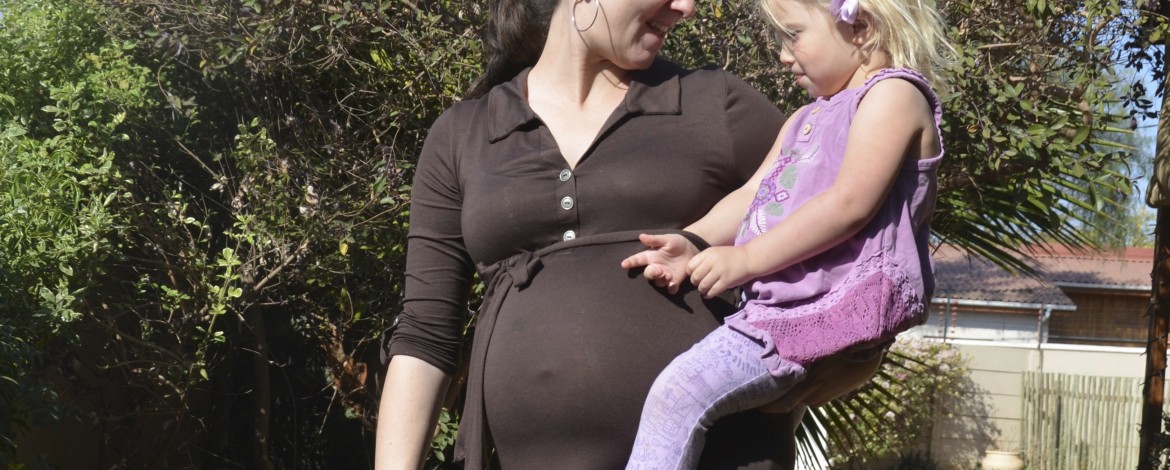
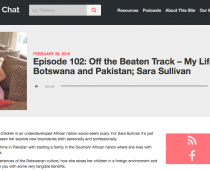

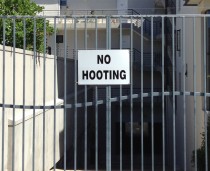
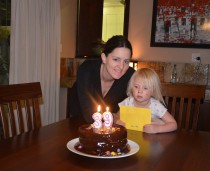
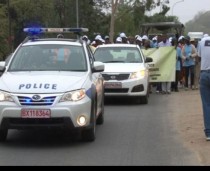
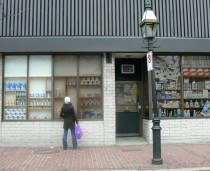

5 Comments